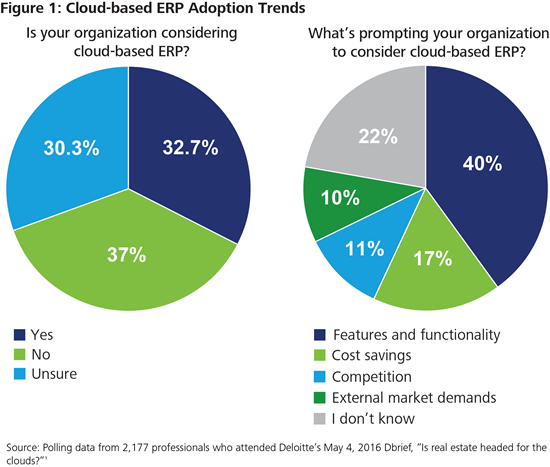ERP, or Enterprise Resource Planning, refers to the software systems that manage a business, including both the internal and external resources, though they focus more on the internal workings of the company. These resources range from the finances to the staff, and can offer several benefits to the companies who have them. The exterior issues are dealt with through a different method. SCM, or supply chain management, is the overlooking of the materials, money, and information as they move from the manufacturer to the consumer. When deciding which is better for an individual business, SCRM or EPR, it is important to do research to find out which is better for them. There are several key SCM & ERP differences, and both are set up in different ways. Some companies prefer an ERP. With that in mind, here are three important things to remember when implementing a successful ERP.
Involvement

Invest in a Brighter Future for Your Company: The Big Business Benefits of Staff Training
Before even beginning the purchase or training process, it is critical that the entire organization is on the same page. This will encourage the success of your journey. The people who are going to be running the project will need support, and if the rest of the organization does not understand why the project is important, it will not be successful. If the implementation of the ERP is to work, the rest of the organization needs to know why things need to change, why this is an important step for the business to take, and what the budget will be. Overall, the entire organization needs to be involved in some capacity. At the very least, they need to be supportive of the implementation, or it will not be successful.
Planning

Thinking Of Starting Your Own Business? It’s Time To Get Planning
Along with getting everyone involved in the ERP implementation process, it is important that the process has been planned out. Before a business chooses a system, it is critical to know what they are hoping the ERP will help them achieve, what they are expecting to receive, and what they will most likely receive. If these do not match up, they need to be adjusted. The budget for the project, the timeline, and other crucial details should be mapped out during the planning stage. If things are not planned out properly, they can very easily fall apart. These small details are very important to the successful implementation of an ERP.
Choice

The Pros and Cons of Cloud Enterprise Resource Planning
With the planning done and the entire organization on the same page, the time has now come to choose the system that will meet the goals that have been set. Choosing a vendor to work with, one who understands the vision of the business, is a crucial part of the setting up a successful ERP. By choosing a vendor who is able to work well with the business, communicate with the staff, and who understands the work that the business is doing, the ERP has an even stronger chance of being implemented successfully.
An ERP is a valuable part of a business, and one that requires careful planning to implement successfully.
Up In the Cloud: Modern Business Solutions
In addition to the importance of planning out the steps and goals of the ERP, it is also important to have everyone in the organization involved. It is also critical to choose a product that will meet those goals. Whether using an ERP or an SCM, there are many things to consider to make it successful.